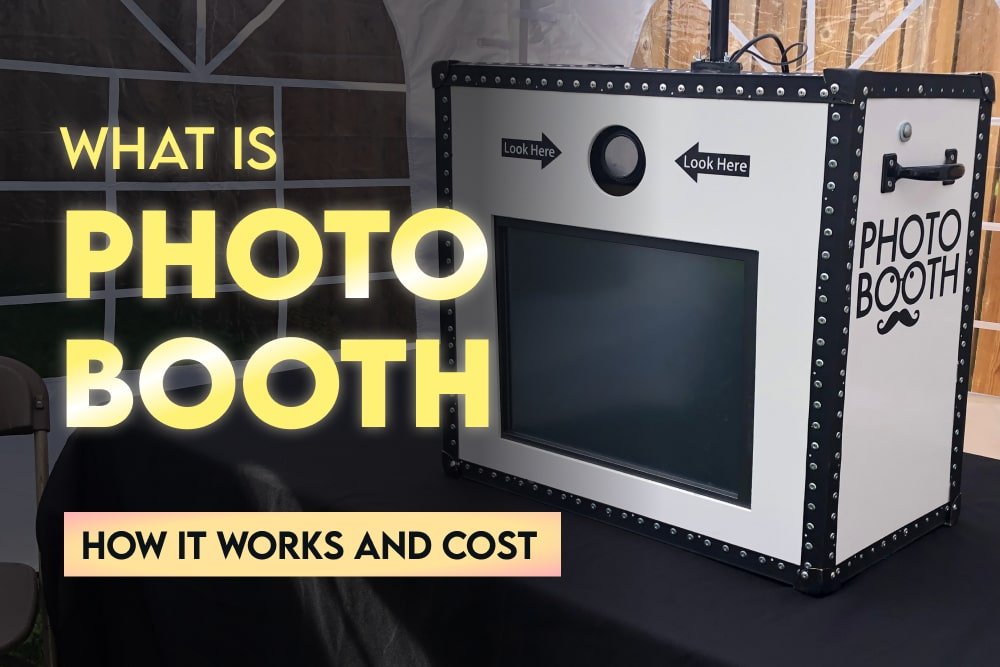Sure! Here is an introduction for your blog post:
Starting a photography business legally is essential to ensure your venture’s success. In this article, we will explore the necessary steps and legal requirements photographers need to consider before launching their business in the competitive world of Business Photography.
5 Essential Legal Steps to Launch Your Photography Business Successfully
5 Essential Legal Steps to Launch Your Photography Business Successfully
1. Choose the Right Legal Structure: Decide whether you want to operate as a sole proprietorship, partnership, LLC, or corporation. Each has its own legal implications and tax considerations.
2. Register Your Business: Make sure to register your photography business with the appropriate local, state, and federal authorities. This will ensure that you are operating legally and can protect your business name.
3. Obtain Necessary Licenses and Permits: Depending on your location, you may need specific licenses or permits to operate a photography business. Research what is required in your area and make sure to obtain them.
4. Protect Your Intellectual Property: Consider copyrighting your photos and branding materials to protect them from unauthorized use. Additionally, make sure to have contracts in place with clients to specify how your work can be used.
5. Insurance: It’s essential to have the right insurance coverage for your photography business. This includes liability insurance to protect against any potential claims, as well as equipment insurance to cover your gear.
By following these legal steps, you can set a solid foundation for your photography business and avoid potential legal issues in the future.
How To MARKET YOURSELF As A PHOTOGRAPHER: GROW Your BUSINESS.
Do’s and Don’ts of Running Your Own Photography Business [Photography Business Tips for Beginners]
Do I need an LLC as a freelance photographer?
Whether or not you need an LLC as a freelance photographer is a personal decision that depends on various factors. Having an LLC can provide liability protection for your business, separating your personal assets from your business assets. It can also give your business a more professional image and may make it easier to open a business bank account or obtain certain contracts. However, forming an LLC also comes with costs and administrative responsibilities, such as filing paperwork and paying fees.
Ultimately, the decision to form an LLC as a freelance photographer will depend on your individual circumstances, risk tolerance, and business goals. It may be beneficial to consult with a legal or financial advisor to determine the best business structure for your situation.
Can I start my own photography business?
Yes, you can start your own photography business in the field of Business Photography. Here are some important steps to consider:
1. Develop your photography skills: Make sure you have a strong portfolio showcasing your work in Business Photography.
2. Create a business plan: Outline your services, target market, pricing, and marketing strategies.
3. Register your business: Choose a suitable business name and register your business according to the regulations in your area.
4. Build an online presence: Create a professional website to showcase your work and attract clients.
5. Market your services: Utilize social media, networking events, and collaborations with other businesses to promote your services.
6. Invest in quality equipment: Ensure you have the necessary photography equipment to deliver high-quality images to your clients.
7. Provide excellent customer service: Build strong relationships with your clients by delivering on your promises and providing exceptional service.
Remember that success in starting your own photography business will require hard work, dedication, and a passion for the craft. Good luck!
How can I legitimize my photography business?
To legitimize your photography business, follow these key steps:
1. Register your business: Choose a suitable business structure (such as sole proprietorship, LLC, or corporation) and register your business with the appropriate government authorities.
2. Obtain necessary permits and licenses: Check local regulations to determine if you need any specific permits or licenses to operate your photography business legally.
3. Open a business bank account: Keep your personal and business finances separate by opening a dedicated business bank account.
4. Get business insurance: Protect your equipment, liability, and other aspects of your business by obtaining the necessary insurance coverage.
5. Create a professional website: Establish a strong online presence by creating a professional website showcasing your portfolio, services, pricing, and contact information.
6. Develop a clear pricing structure: Clearly outline your pricing and packages to potential clients to convey professionalism and transparency.
7. Invest in high-quality equipment: Ensure you have reliable and professional-grade equipment to deliver top-notch Business Photography services.
8. Create contracts: Develop contracts or agreements for your clients to establish clear terms and protect both parties’ interests.
9. Build a strong portfolio: Continually update and expand your portfolio with high-quality images that showcase your skills and style.
By following these steps, you can legitimize your Business Photography venture and build a strong foundation for your success in the industry.
How much does it cost to start up a photography business?
Starting up a photography business can vary greatly in cost depending on factors such as the equipment you already own, your location, and the scale of your operations. However, here are some general costs to consider:
1. Camera equipment: This is likely to be your biggest expense. A professional camera body can range from $1,000 to $3,000 or more, depending on the brand and features you need. Lenses, lighting equipment, tripods, and accessories can add several hundred to several thousand dollars to your initial investment.
2. Computer and editing software: You’ll need a reliable computer with enough processing power and storage space for editing high-resolution images. Editing software like Adobe Photoshop and Lightroom can cost around $10-$20 per month.
3. Website and marketing: Creating a professional website to showcase your work and attract clients can cost anywhere from a few hundred to a few thousand dollars. Marketing costs, such as advertising, business cards, and promotional materials, should also be factored in.
4. Legal and insurance fees: Registering your business, obtaining necessary licenses, and investing in liability insurance are essential but often overlooked costs.
5. Education and training: Investing in workshops, courses, and mentorship programs can help improve your skills and marketability as a photographer.
Overall, starting a photography business may require an initial investment ranging from a few thousand to tens of thousands of dollars, depending on your specific needs and goals. It’s important to create a detailed business plan and budget to ensure you’re prepared for all potential expenses.
Frequent Questions
What legal steps do I need to take to start a photography business?
To start a photography business, you need to register your business, obtain the necessary permits and licenses, set up contracts and agreements, and protect your work through copyrights.
Are there specific permits or licenses required to operate a photography business legally?
Yes, there are specific permits or licenses required to operate a photography business legally.
How can I protect my photography business legally, including intellectual property rights and client contracts?
To protect your photography business legally in Business Photography, you should consider registering your copyrights for your images, using watermarks on your photos, and having clear client contracts that outline usage rights and any restrictions. Additionally, you may want to consult with a lawyer specializing in intellectual property law to ensure your business is fully protected.
In conclusion, starting a photography business legally requires careful consideration of licensing, permits, taxes, and contracts. By following the legal requirements and protecting your work through proper documentation, you can lay a solid foundation for your business to thrive. Remember, compliance with the law not only safeguards your business but also enhances your credibility and reputation in the competitive field of Business Photography.







